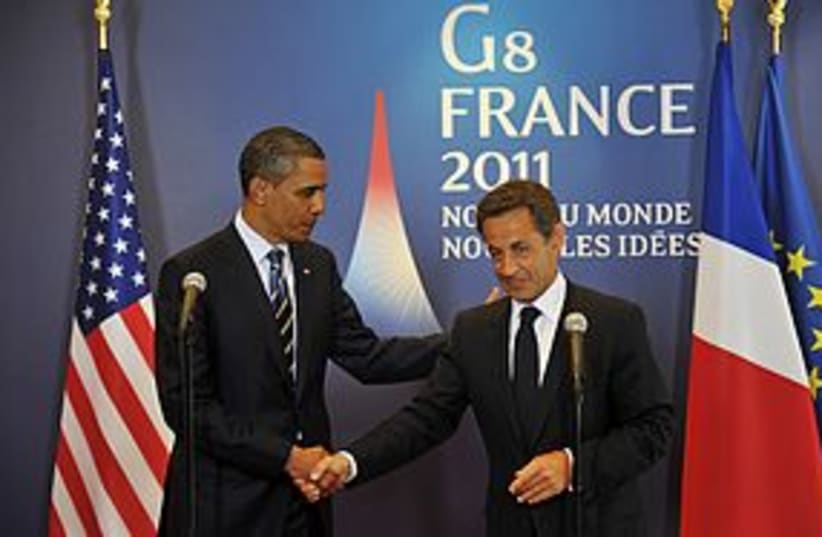The writer is a Canadian member of Parliament and a former minister of justice and attorney-general.
Obama, Netanyahu and the peace process
Netanyahu should call for direct negotiations with Abbas based on Obama’s eight principles as endorsed in the G8 communiqué.

The writer is a Canadian member of Parliament and a former minister of justice and attorney-general.